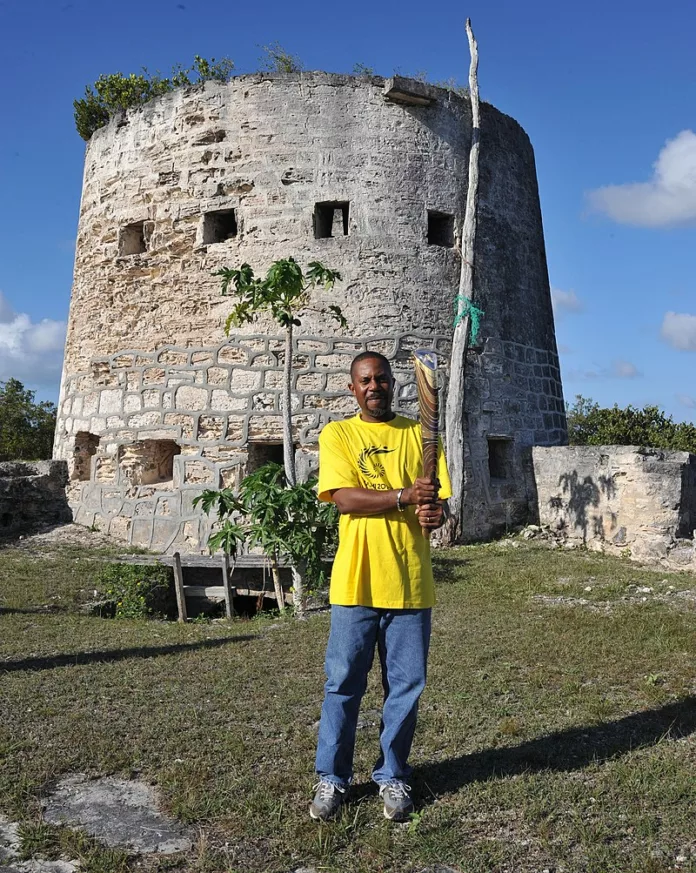By Elesha George
Barbuda’s MP Trevor Walker has pledged to fight against a recently passed bill that removes communal land ownership rights from Barbudans.
The bill, which was approved by a majority of MPs on Friday, aims to incorporate Barbuda into the country’s Registered Land Act, officially discarding the island’s centuries-old practice of communal land ownership.
The latter refers to the shared ownership of land that meant each member of the community had the right to use such property or a portion of. Under the new registry system, Barbudans will be able to purchase the lands they currently occupy at a peppercorn price of EC$1.
In his address to parliament during the debate, Walker stated, “When the government change, not if, we will reverse these things.”
He added, “I say this to you, the avalanche will start in St Mary’s South when you all lose that by-election, and when the UPP returns to power I can tell the nation of Antigua and Barbuda, all these injustices that you’ve done to Barbuda will be reversed.”
The issue of communal land ownership is paramount for the people of Barbuda, as it has been an integral part of their cultural identity and traditional way of life. This unique system has allowed them to maintain a close connection to the land and seas and protect their interests as a local community.
MP Walker emphasised that the Barbudan people should have been consulted on this critical matter, stating, “The Barbudan people should be consulted. It’s a normal thing to do in Antigua; the Barbuda Council should be consulted, there should be recommendations coming from them in terms of what the majority of the people want, what the majority of the people would like to see happen, and I don’t think this government is going down the right road in trying to create a scenario in Barbuda really and truly, in a nutshell, to have lands sold because that is what they’re getting to.”
His stance received the full support of the Barbuda Council, which also condemned the lower house’s passage of changes to the Registered Land Act.
Council Chair Mackenzie Frank told Observer, “This is an attempt to destroy the people’s communal ownership of all lands on Barbuda. The Council opposes this and will not implement the scheme.
“The Council recognises the terms set out in the entrenched Barbuda Local Government Act 1976 and the Barbuda Ordinance 1904 as amended. We will fight to restore the terms of the Barbuda Land Act 2007, which gives the people power over the land.”
In contrast, Prime Minister Gaston Browne has laid out ambitious development plans for Barbuda, envisioning a transformation that some fear could erode the island’s cultural and environmental identity. Browne described his vision as a “Jumby Bay on steroids,” referring to a private luxury island off Antigua’s north-east coast, known for catering to the wealthy elite.
But a government-commissioned masterplan released in July 2022 shows that the majority of Barbudans favour a different approach to development. The plan, which included specific proposals for Barbuda and took into account collaborative interviews with locals to incorporate their views, highlighted a preference for low-impact tourism that would prioritise the preservation of the island’s natural assets and cultural significance.
Low-impact tourism typically focuses on sustainable practices, eco-friendly infrastructure, and responsible tourism management. It seeks to limit the negative impact on the environment and local communities while promoting authentic cultural experiences.
The clash between MP Walker’s commitment to protecting communal land rights and PM Browne’s vision for a high-end tourist destination therefore poses a challenge for the future of Barbuda.
The people of Barbuda have consistently emphasised their desire to preserve their communal land and prioritise low-impact tourism, as outlined in the vision document released by the Maya Blue Consortium.
The people’s vision document outlines the views and aspirations of the people of Barbuda to safeguard their cultural heritage, maintain a sustainable approach to life and livelihood, and a desire for low impact tourism which focuses on a living heritage experience.

